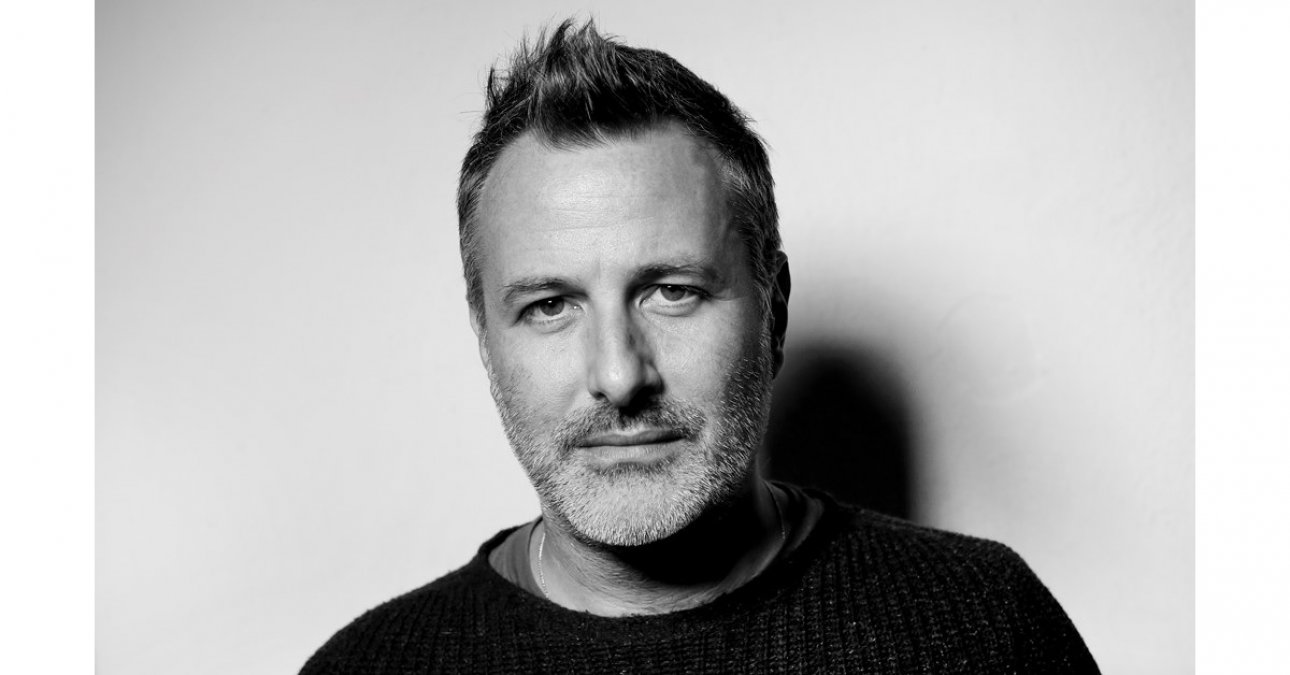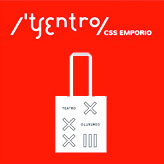Self-Portrait
Davide Enia
CREDITSunder the patronage of the
"I have no memory of May 23, 1992. I do not remember where I was, with whom, when and where I learned the news of the bomb on the highway that killed Judge Giovanni Falcone, his wife and some of the agents of the escort. My relatives, my friends, my comrades, all the people I know have a clear memory of that day. I have a void that will not be filled. My emotional defenses have carried out a removal that is as deep as it is painful. But isn't removal one of the effects of neurosis? In Sicily practically all of us had, at least until the massacres, a relationship of pure neurosis with Cosa Nostra. It has to do with shared collective consciousness, with the practice of everyday life, with housand-year-old structures of thought. For various reasons, the Mafia has been downplayed, underestimated, trivialized, removed or, on the contrary, mythologized by us. That is: it has never been addressed for what it is. And, this blurring of the object to be studied has been matched by an unconscious introjection of those identical modes of behaviour, same practices, similar emotional outbursts. For a glance that lingers on a detail, an ‘aggàddo’, a brawl, can start in Palermo. The father who forces his son to enroll in a given university faculty multiplies the logic of the patriarch who must be obeyed. The difficulty of naming desire and the consequent surrender to the dictatorship of silence makes the logic of Power ready to attack and impose itself with greater ease. So this is one of the problems we have with Cosa Nostra: in a painful and disconcerting way, sometimes the Mafia represents a mirror of our family life, our decision-making and operational processes, our way of observing the world and understanding relationships, our relationship with religion. These are all operations that dig down to the unconscious level, and it is precisely in the common linguistic base that they create the first emotional scars. In a cultural cradle in which ‘a megghiu parola è chìdda ca 'un si dice’, the best word is the unspoken one, which is configured as the first threshold of ‘omerta’, to really confront Cosa Nostra is to begin a process of self-analysis. Thus, not wanting to understand absolutely the mafia itself, as much as trying to understand the mafia in me. This assumption thus configures a necessary biographical framework in the construction of the text. In Palermo we all have very few degrees of separation with Cosa Nostra. I saw the first murdered person when I was eight years old, on my way home from school. I knew Judge Borsellino, he lived across the street from our house, I grew up playing soccer with his son. And Father Pino Puglisi, the priest killed by the Mafia, was my high school religion teacher. Like me, my friends, my classmates, my fellow citizens, all of us have touched the Mafia firsthand. We all possess a constellation of mourning in which the stars are people killed by Cosa Nostra.
Here is a constant of Palermitans: feeling everywhere constantly in danger. Neurosis is inscribed on our event horizon.
The performance will then look at a particular case, a real watershed in the collective consciousness: the kidnapping and murder of Giuseppe di Matteo, the child son of a collaborator of justice, kidnapped, held for 778 days in captivity in appalling conditions and finally killed by strangulation and then dissolved in acid. An inhuman story that is configured as the appearance of evil, the sacred in its declination of darkness. We are in the presence of horror, of boundless savagery, of a line of actions so abject as to be impossible to adjectivize. And over everything vibrates the sacrifice of an innocent victim. The verticality of the story has in it all the requirements of tragedy, especially in the formulation of questions that cannot have answers. The linguistic tools available to tackle this work are those that the theatrical vocabulary has built in my Palermo: the body, singing, dialect, puppetry, acting, the cunto. It is within this circumscribed language that this linguistic problem must be addressed, dissected, questioned, resolved.
This new work is a tragedy, a civil oration, a process of personal and shared self-analysis, a confrontation with the State, a series of questions to God himself.
Therefore, this work is a self-portrait at once intimate and collective."
Davide Enia
Images
Texts
Locandina Autoritratto - immagine Francesco De Grandi e Federico Lupo [582 Kb]Locandina Autoritratto - immagine Francesco De Grandi e Federico Lupo [799 Kb]Press reviews
Francesca De Sanctis, Autoritratto con mafiosi - L'Espresso, 19 luglio 2024 [542 Kb]Camillo Corsetti Antonini, Murire accisu. L'ultimo prodigio di Davide Enia è il suo autoritratto - Linkiesta.it, 5 luglio 2024 [611 Kb]Rosella Postorino, La mafia che ci portiamo dentro - La Stampa, 3 luglio 2024 [1465 Kb]Annalisa Camilli, Autoritratto di una generazione cresciuta all'ombra di cosa nostra - Internazionale.it, 3 luglio 2024 [158 Kb]Angela Calvini, Enia, 'La mafia e le radici del male' - Avvenire, 30 giugno 2024 [1346 Kb]Rodolfo di Giammarco, La mafia secondo Davide Enia: 'Porto in scena le radici dell’albero del male' - La Repubblica, 26 giugno 2024 [402 Kb]Laura Zangarini - Capaci, Puglisi. Il mio urlo contro la mafia - Corriere della Sera, La Lettura, 19 maggio 2024 [1078 Kb]Tour
premiere
29 June 2024 h 21.00
30 June 2024 h 18.30
2 July 2024 h 20.30
3 July 2024 h 19.30
4 July 2024 h 21.00
5 July 2024 h 20.30
6 July 2024 h 18.30
7 July 2024 h 18.30
Spoleto Festival dei Due Mondi
Spoleto, Auditorium della Stella
2 December 2024
Bagnacavallo (RA), Teatro Goldoni
3 December 2024
Forlì, Teatro Piccolo
4, 5, 6 December 2024, h 21
Teatro Contatto
Udine, Teatro S. Giorgio
25 March - 17 April 2025
Milan, Piccolo Teatro, Teatro Grassi
20 May - 1 June 2025
Roma, Teatro India
3-8 June 2025
Turin, Teatro Stabile di Torino














